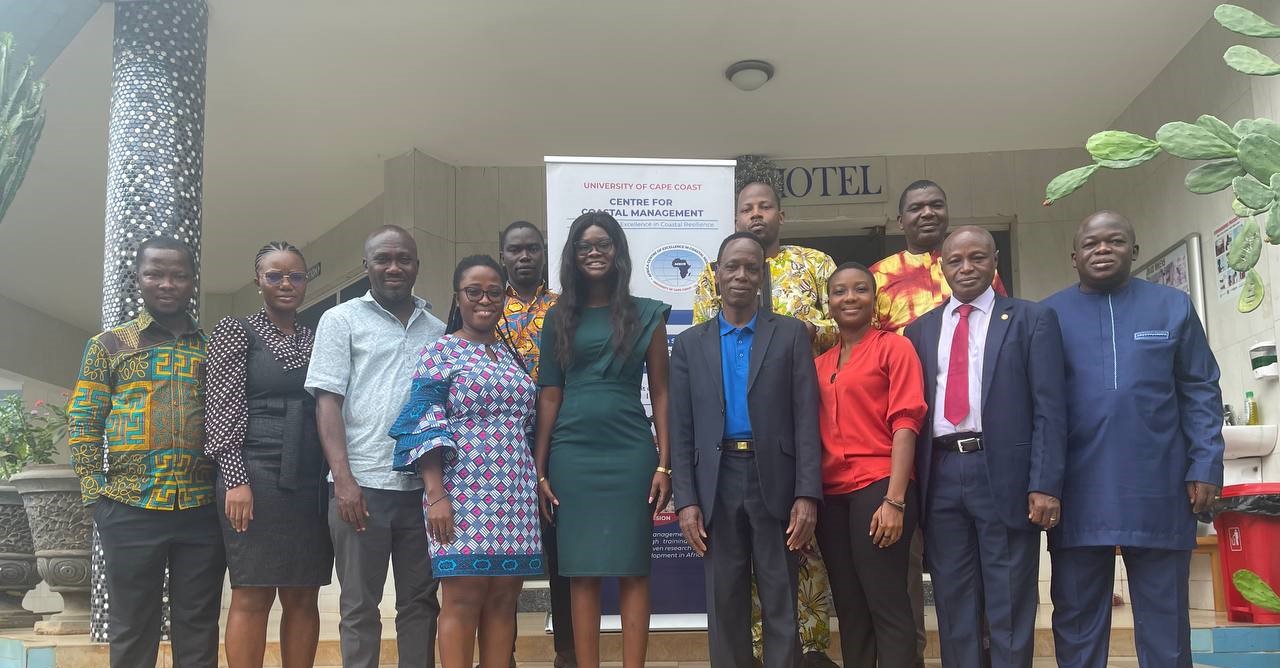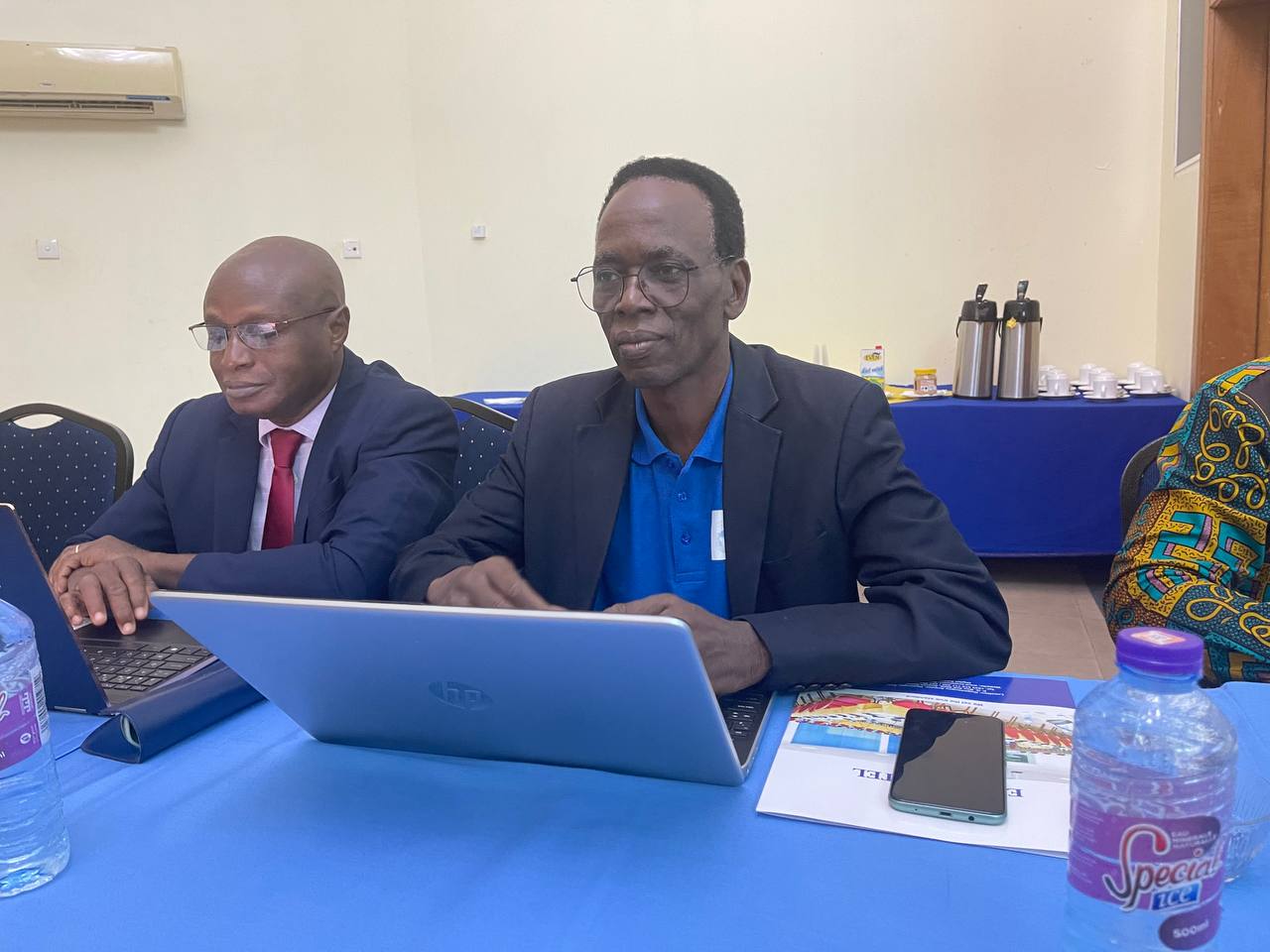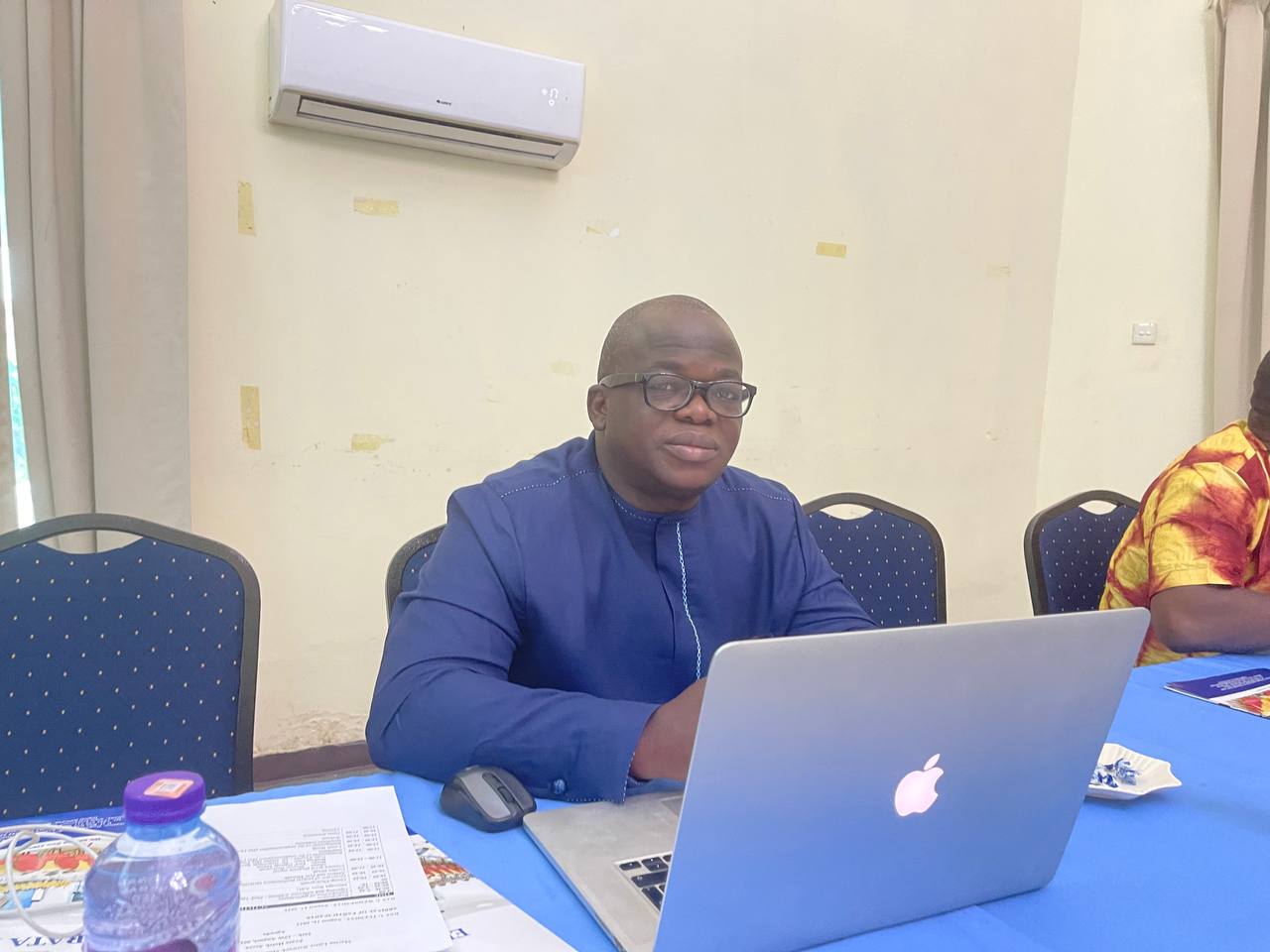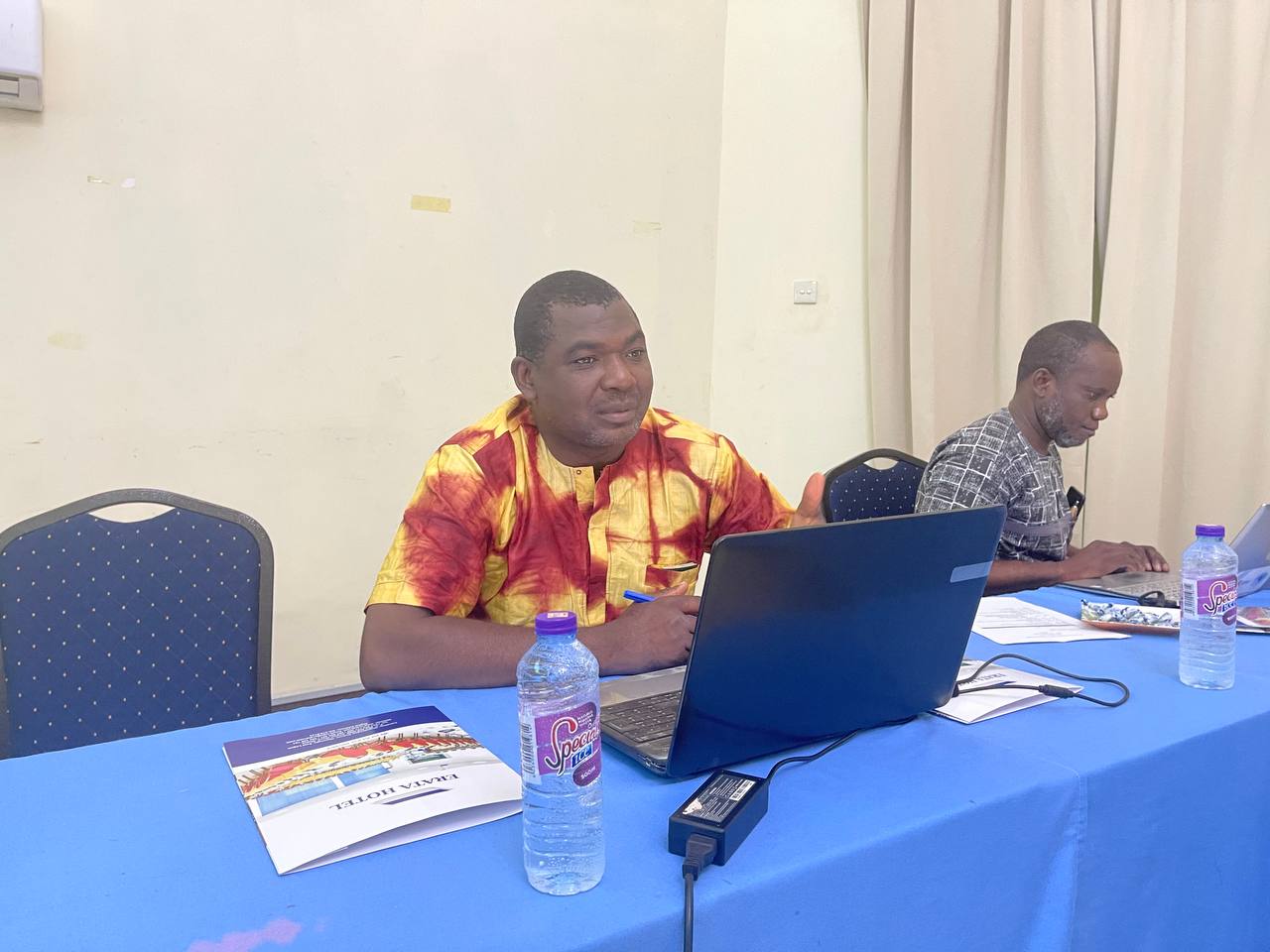Africa Centre of Excellence in Coastal Resilience |  University of Cape Coast
University of Cape Coast
Image

Posted On
Thursday, September 1, 2022 - 11:19
Body
The Centre for Coastal Management (CCM), Africa Centre of Excellence in Coastal Resilience (ACECoR) held a two-day mid-term project review meeting of the Marine Litter Network (MALNET), an inter-Africa Center of Excellence thematic network in Accra from 17th -18th August, 2022. In attendance were network partners from Africa Centers of Excellence in West Africa. Prof. Daouda Mama represented the Centre d’Excellence Africain en Eau et Assainissement de l'Institut National de l’Eau (C2EA), University of Abomey-Calavi, Benin, Dr. Zacharie Sohou represented the Institut de Recherches Halieutiques et Océanologiques du Bénin (IRHOB), Dr. Natewinde Sawado represented the Centre d'Etudes, de Formation et de Recherche en Gestion des Risques Sociaux (CEFORGRIS), Université de Ouaga, Burkina Faso, and Dr. Didier Guy Fanou represented the Centre d’Excellence AFricain en Valorisation des Dechets En Produits Á Haute Valeur Ajoutee (VALOPRO), Cote d’Ivoire.
The meeting sought to review the past performance of the network’s activities and chart a new course of action for the next phase of the project. The Director of CCM, Prof. Denis W. Aheto welcomed all participants to the two-day event. He highlighted activities at the Centre and further noted that the Centre’s collaborative engagement with other institutions provides a good platform to further strengthen the activities of the network. He noted that the evaluation of the network’s activities, identification of new opportunities, and goals/interests of partner centers have necessitated the need to realign the activities of MALNET to ensure that concrete and beneficial results for all centers are achieved.
Ms. Irene Irene Dufie Addai representing the ACE Impact Project Manager iterated the commitment of the Association of African Universities (AAU) to provide the needed support to ensure the success of the network. Participating centers presented on the progress of implementation in their various centers. Activities implemented in the various centers include the conduct of country-level situational analysis of marine litter and coastal degradation, identification of institutional and expert needs, and the identification of collaborative research areas.
The meeting further discussed strategies that will ensure the continuous functioning of the Network and ACEs beyond the ACE Impact project. It identified capacity building, short courses, research, and outreach as collaborative means and linkages to foster sustainability of future network activities. Prof. Aheto in his concluding remarks urged partners to work assiduously to make the network a vibrant one and also achieve the set objectives and results.



Last modified
